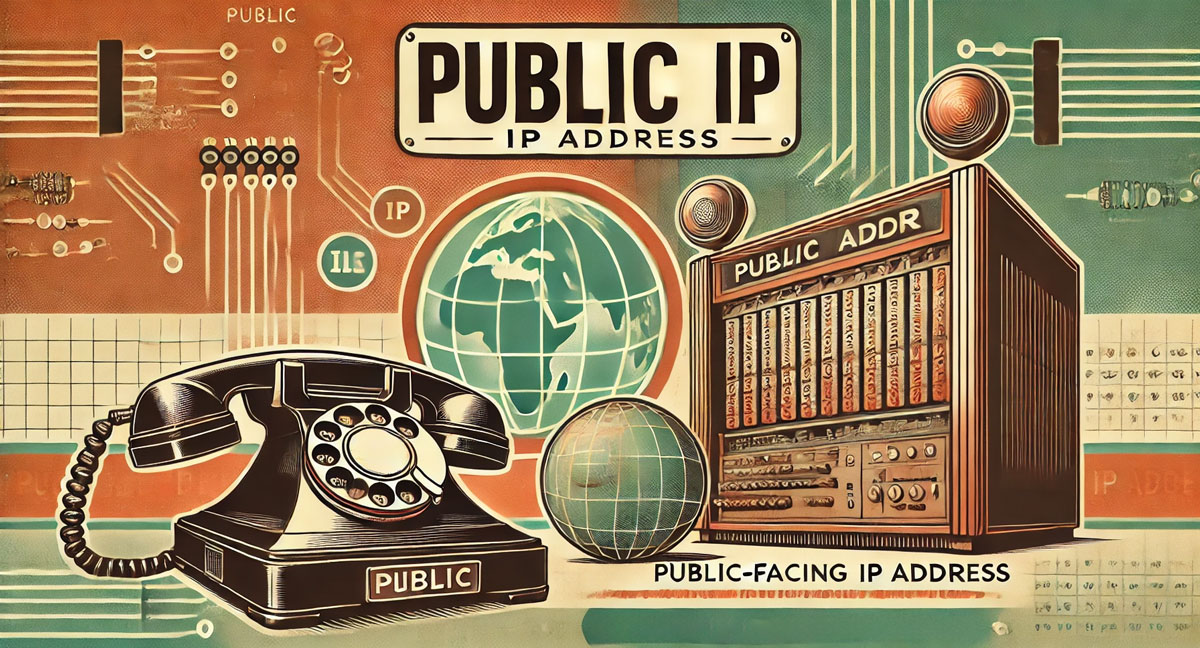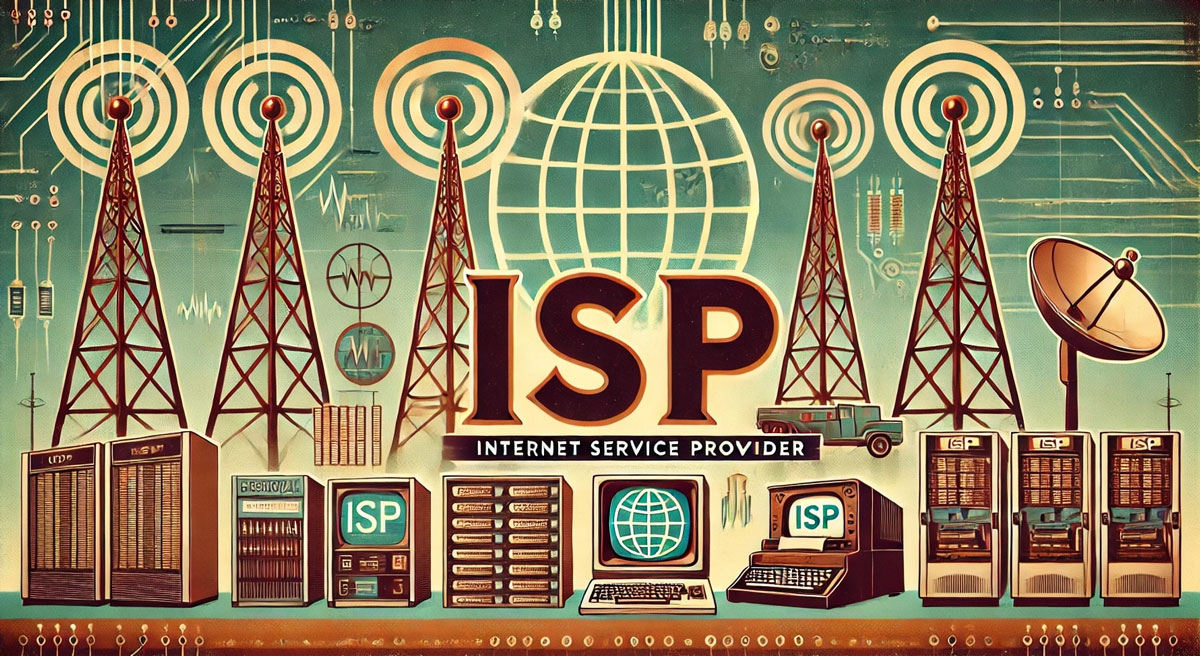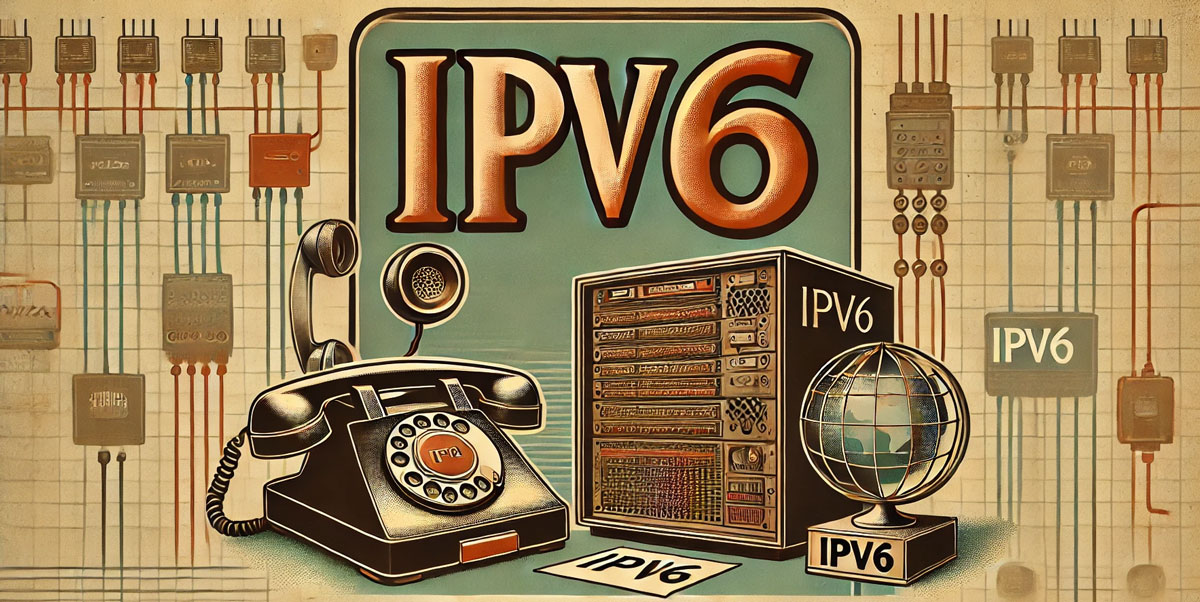What is My IP Address? A Complete Guide

Introduction
An IP address is your device's unique identifier on the internet - think of it like a home address or phone number for your computer, phone, or tablet. Every device connected to the internet needs an IP address to communicate with other devices and send or receive data. Use our IP Lookup tool to better understand your device's internet identity and ensure secure internet connectivity.
Understanding IP Addresses in Detail
IPv4: The Original Standard
IPv4 (Internet Protocol version 4) was the first widely implemented IP addressing system, introduced in 1983. It uses a 32-bit addressing scheme, which allows for approximately 4.3 billion unique addresses. IPv4 addresses consist of four numbers (ranging from 0 to 255) separated by dots, such as 192.168.1.1. You can use our IP Lookup tool to see your current IPv4 address.
The IPv4 format proved remarkably effective for the early internet, but as the number of connected devices grew exponentially, it became clear that 4.3 billion addresses wouldn't be sufficient for long-term growth.
IPv6: The Next Generation
IPv6 was developed as a solution to the IPv4 address shortage. Using a 128-bit address format, IPv6 can provide approximately 340 undecillion unique addresses (that's 340 followed by 36 zeros). IPv6 addresses are written as eight groups of four hexadecimal digits separated by colons, such as 2001:0db8:85a3:0000:0000:8a2e:0370:7334.
Some key advantages of IPv6 include:
- Vastly larger address space
- Built-in security features
- Improved routing efficiency
- Better support for mobile networks
- Simplified network configuration
Static vs Dynamic IP Addresses
IP addresses can be either static (fixed) or dynamic (changing):
Static IP Addresses:
- Remain constant unless manually changed
- Typically used by servers and business networks
- Useful for hosting websites or running network services
- Often require additional fees from ISPs
- Better for remote access setups
Dynamic IP Addresses:
- Change periodically or when reconnecting
- Most common for home users
- Automatically assigned by DHCP servers
- More efficient for address management
- Generally more secure for regular users
Why Do You Need to Know Your IP Address?
There are several important reasons to know your IP address:
- Setting up new network devices or routers
- Troubleshooting connectivity issues
- Configuring network settings
- Accessing services that require IP verification
- Setting up remote access to your network
You can use our IP Lookup tool to get started with any of these tasks.
Technical Aspects of IP Addresses
IP addresses are fundamental to how the internet works. When you connect to the internet, your Internet Service Provider (ISP) assigns your device an IP address. This address serves several crucial functions:
- Identifying your device on the network
- Enabling two-way communication between devices
- Routing data to and from your device
- Maintaining network organization and hierarchy
Understanding IP Location and Privacy
Your IP address reveals certain information about your connection, including:
- Approximate geographic location (usually city-level)
- Internet Service Provider
- Connection type
- Time zone
However, an IP address alone cannot reveal:
- Your exact physical location
- Personal information
- Browsing history
- Private data
The Role of ISPs in IP Management
Internet Service Providers play a crucial role in IP address management by:
- Assigning IP addresses to customers
- Maintaining network infrastructure
- Managing IP address pools
- Handling address conflicts
- Providing DNS services
Understanding these fundamentals about IP addresses helps you better manage your network connection and troubleshoot any issues that may arise. Whether you're setting up a new device or solving network problems, knowing how to understand your IP address is an essential digital skill.
Remember that while your IP address is necessary for internet connectivity, it's also part of your digital footprint. Being aware of how IP addresses work helps you make informed decisions about your online presence and network security.


